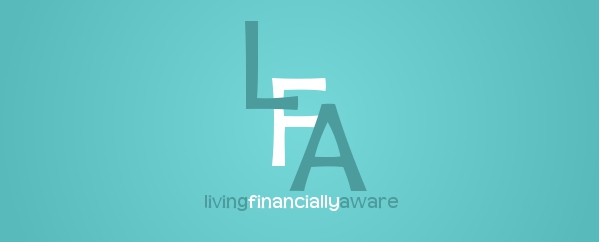The $20 Bill or How I Learned To Be Generous
I have spent a good deal of my life lacking in generosity. When I went to dinner with friends, I rarely offered to pay for dinner even when my financial situation was far better than my company's situation. Providing money to charities never ranked high on my list. Gift-giving was not a strength for me. This all changed with one exercise that greatly increased my financial awareness around my cash flow. I believe this story can provide a clear example of the power of financial awareness.The concept of creating a budget or spending plan has long been professed as a cornerstone to gaining good financial habits and to constrain needless spending. In my opinion, presenting budgeting as a constraint-mechanism leads to difficulty putting together a budget and following a budget, analogous to trying to maintain a strict diet. In fact, I have found that the process of creating a budget and understanding my spending has actually created more freedom around my use of money.
Just about a year ago, my wife and I spent a good deal of time learning about our cash flow. We divided our expenses into fixed expenses (mortgage, utilities, taxes...) over which we had little control but needed to be paid regularly, and variable expenses (groceries, phone service, entertainment...) over which we could exert a great deal of control from day to day and month to month. We then set up a system similar to the envelope budget system but used separate bank accounts as each envelope. Each paycheck would be automatically directed to the various accounts to fund our expenses. This allowed us to keep cash for specific purposes clearly defined. While this may feel like a constraining device, it turned out to be the opposite.
As an example I introduce the $20 bill. I found myself at lunch with a friend on a Friday with a $20 bill in my wallet. This bill was left over from our grocery shopping account for the week. We had spent less on groceries than we set aside weekly, and my wife and I had split the left over cash. When it was time to pay for lunch, without much thought I pulled the $20 bill out of my wallet and told my friend I would take care of the lunch. This was something I had never done before, but was able to easily do because I was aware of several things about this particular $20 bill. First, I knew the bill was left over from a different expense and was no longer needed for that expense. Second, I recognized I could do whatever I wanted with that money. It was not needed to cover any expenses, including saving for future goals as these had been included as expenses in our budget. Third, I realized I wanted to treat my friend to lunch and had the ability to do so without impacting any of my family's plans. Knowing all this, I felt very comfortable making the decision to use the $20 bill to pay for lunch. This $20 bill had been freed and provided me the freedom to use it however I chose.
By having established a well-considered and thorough budget, my wife and I have been able to increase our financial freedom. No longer do we wonder whether we have the ability to purchase something or if doing so will hurt our long-term plans and ability to pay our bills. We know exactly what each dollar is assigned to; whether that be for retirement savings, to maintain an emergency fund or to pay a certain bill. We are fully aware of the impact each financial decision may have. Even now, while I look for new employment and am only sporadically bringing income to the family, we are able to feel reasonably comfortable we can meet our financial obligations and continue our path to reach future goals. I am certain budget is a freedom-creating device, not a constraining device.
Subscribe to:
Post Comments (Atom)





1 comments:
Sounds like a very smart system. We currently use the different bank account thing to a small degree. The next time we get together I would love to hear more about it. - Eric
Post a Comment